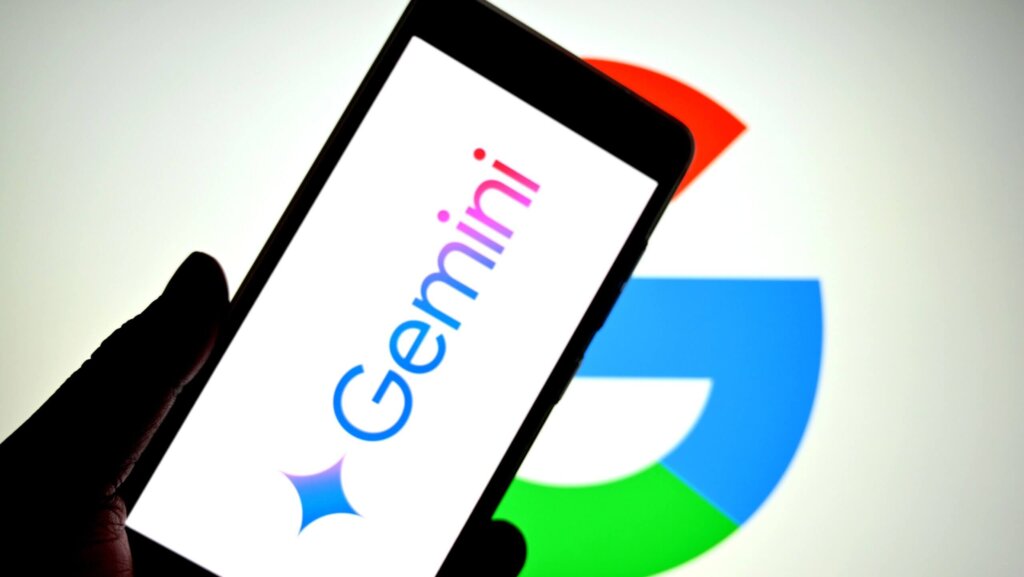Summary:
-
Google’s I/O keynote showcased updates to AI ecosystem, Gemini, and new AI tools for conversational search experience.
-
Gemini 2.5 Pro introduces Deep Think for human-like problem-solving, while Project Astra and FireSAT aim to improve AI capabilities.
-
New smart glasses, updates to core services like Gmail and Google Meet, and a focus on innovation across Google’s ecosystem.
Google’s annual I/O keynote returned to the Shoreline Amphitheatre in Mountain View today, offering a look at what’s next for the company’s AI ecosystem. CEO Sundar Pichai and other execs unveiled a series of updates centered around Gemini, AI-powered tools, and deeper product integrations across Google’s platforms.
One of the biggest reveals was AI Mode in Google Search. This new interface adds conversational capabilities to the traditional search experience. With tools like Deep Search, Project Mariner, and Search Live, users can now get AI-generated answers, follow-up responses, and even complete tasks like travel booking, all within the search flow.
An AI Upgrade
Google also introduced Gemini 2.5 Pro, the latest update to its flagship AI model. A new feature called Deep Think aims to mimic more human-like problem-solving by breaking down questions and approaching them more deliberately. According to the company, the goal is to keep progressing toward more general-purpose intelligence.
To recap, here’s what’s new and coming to @GeminiApp:
🤳 Now *both* iOS and Android users can share their camera or screen in Gemini Live, free of charge (rolling out starting today).
🎨 Canvas and Deep Research are getting their biggest updates yet.
✅ Agent Mode is coming… pic.twitter.com/QLhqls2LtE
— Google (@Google) May 20, 2025
Project Astra—Google’s updated multimodal assistant—also got some time in the spotlight. It now supports real-time voice interaction and visual recognition, designed to make AI interactions feel more fluid. A new Agent Mode in the Gemini app also allows users to delegate planning and multitask management to the assistant.
One new project that caught attention beyond software was FireSAT, a satellite system designed to detect wildfires using multispectral imagery and AI. Referencing the recent wildfires in California and the chaos they caused, Pichai emphasized the urgent need for better early detection systems.
“So many of us know someone who has been affected by wildfires,” he said. FireSAT is part of Google’s effort to provide a solution capable of spotting fires as small as 270 square feet—about the size of a one-car garage. When fully operational, it will reduce image update times from 12 hours to just 20 minutes. “Speed and precision can make all the difference,” Pichai noted.
ADVERTISEMENT
Content creators also saw a flurry of updates. Imagen 4, Veo 3, and a new tool called Flow aim to simplify video and media production. Imagen brings cleaner image rendering, Veo introduces native audio generation, and Flow combines visual and audio tools for streamlined video creation from text prompts.
Stylish Smart Glasses
Hardware wasn’t left out. Google previewed its Android XR platform and a new wave of smart glasses, developed with partners like Warby Parker and Gentle Monster. These glasses feature built-in AI support for translation, navigation, and camera streaming, hinting at a bigger push into wearable tech.
When you’re wearing glasses all day, you want them to match your style. That’s why we’re working with Gentle Monster and Warby Parker, who will be the first eyewear partners to build glasses with Android XR. #GoogleIO pic.twitter.com/xIfRSy2eAK
— Google (@Google) May 20, 2025
Finally, core Google services are also seeing AI upgrades. Gmail will soon offer smart replies tailored to your writing style, and Google Meet is adding real-time translation powered by Gemini AI to help improve cross-language communication.
Pichai closed the keynote with a forward-looking message, reflecting on the pace of innovation across Google’s ecosystem:
“From helpful robots to fully autonomous vehicles, these breakthroughs aren’t decades away—they’re possible within just a few years.”
📺 Watch the full keynote here or dive into more details on blog.google.
ADVERTISEMENT









